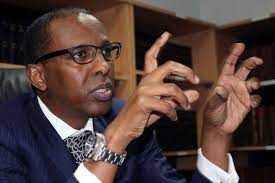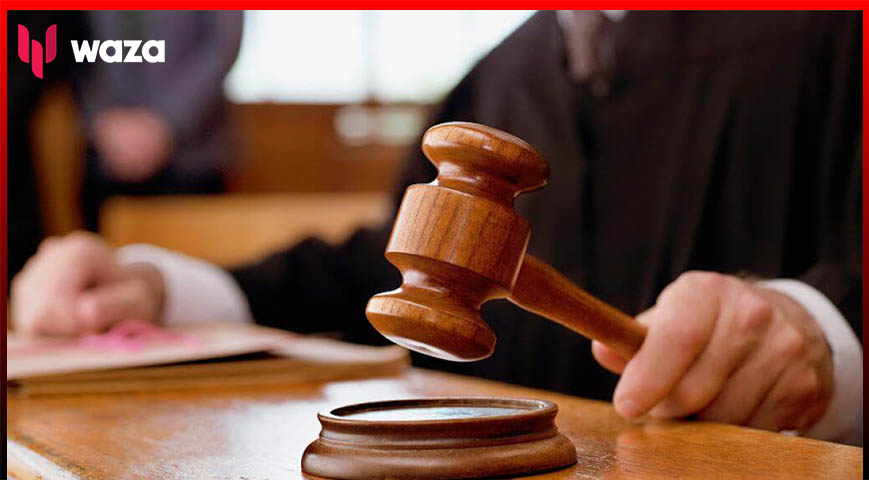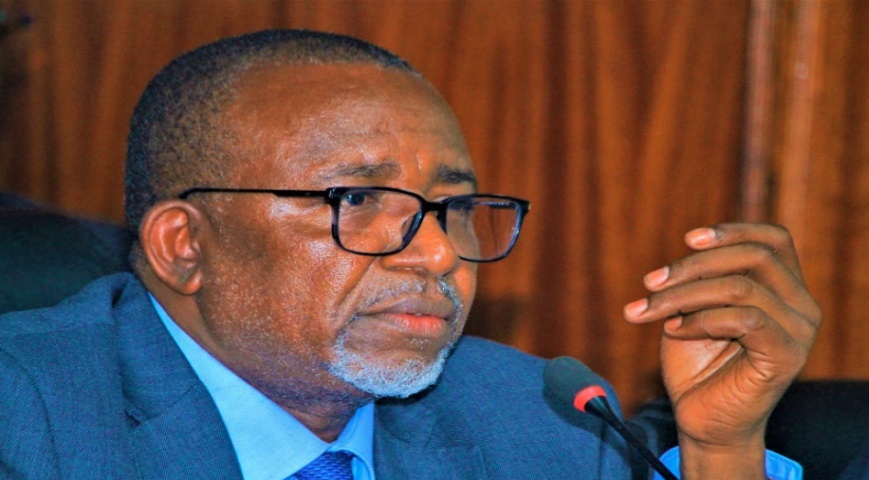City lawyer Ahmednasir Abdullahi, also known as Grandmulla, has sued seven Supreme Court judges for banning him and his law firm from ever appearing before them.
According to the Supreme Court judges, Ahmednassir was banned over his continuous attacks on the apex court which they described as demeaning.
The lawyer has sustained attacks on the apex court judges, describing them as corrupt.
Ahmednasir, represented by his lawyer Issa Mansur, contends that the decision to his law firm on January 18, 2024, by Supreme Court Registrar Letizia Wachira is unlawful and unconstitutional.
Ahmednasir asserts that the letter received from the Supreme Court cites personal grievances held by the seven judges against him, accusing him of conducting a campaign in the broadcast, print, and social media aimed at scandalizing, ridiculing, and denigrating the Court in the petition filed Monday.
Did you read this?
He contends that neither the Supreme Court Act nor Article 163 of the Constitution's description of the Court's constitutional or statutory jurisdiction led to the result reached by the seven judges.
It is illegitimate because it is an administrative decision without a legal basis and lacks the legal weight of a judicial ruling unchallenged by the public.
Mansur highlights that the Supreme Court's ruling effectively prevents Ahmednasir and his companions from representing clients in court appearances.
Two weeks ago, Registrar L.M. Wachira sent them a letter informing them of this decision.
The letter clarified that Ahmednasir and his legal practice should no longer be allowed to appear before the Supreme Court in person or through a representative of the practice.
Eleven of Ahmednasir's staff members and his legal practice have responded by filing a petition against the prohibition.
The Attorney General, the Justices of the Supreme Court, and the Court have all been designated respondents.
The firm, represented by Advocate Issa Mansur, contends in their motion that the seven judges' judgment is more administrative than judicial.
They contend that if the statements complained of made by Ahmednasir are defamatory, the Supreme Court had the option to initiate legal proceedings against him rather than resorting to a banishment from practicing before the Court.









